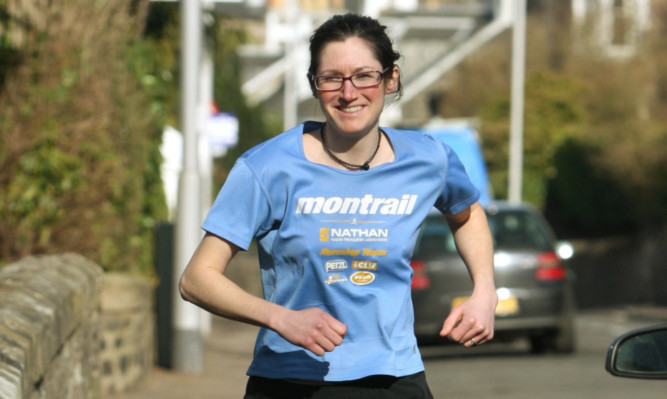GIRLS ARE putting their health at risk because they fear getting fat and believe exercise is not feminine, a Dundee University researcher has revealed.
Morgan Windram-Geddes has warned that many 11 to 14-year-olds believe they do not need to exercise if they cut down on the amount of fat they eat.
She is worried that mixed messages about diet and health are putting more and more girls off sport and leading them to follow unhealthy practices in their eating and exercise habits.
Ms Windram-Geddes, who is a keen long-distance runner, believes one important factor that has to be tackled is the perception that it is not feminine to take part in sport.
Her concern is that while most people would agree that exercise is good for you and fat is bad, a misinterpretation of this message is causing problems for a generation of young women.
Later this month she will speak publicly about the findings from interviews with girls in the 11 to 14 age group.
The postgraduate researcher said: “Encouraging people to exercise more and eat healthily is obviously a good thing, but our research has shown that when the message is distorted it causes problems for young girls.
“Girls in the study are at an age when they are particularly body-conscious and mixed messages about diet and health can significantly compound the problem.
“At the same time, a lot of girls think that if they simply cut out fat or eat less then they won’t need to exercise.
“There are many factors working together to entrench this problem, such as the idea that sport is not feminine.”
Ms Windram-Geddes will be exploring the issue in a free talk at Dundee Science Centre on Wednesday January 9.
